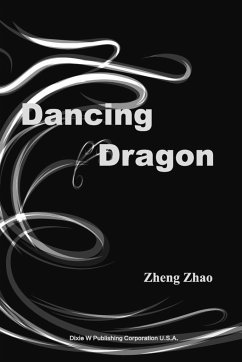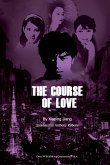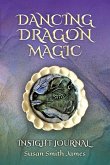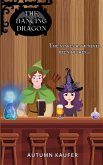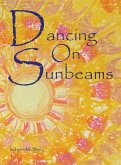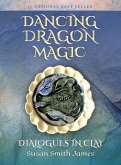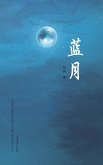It was midnight in San Gabriel, and as once every year, Valley Boulevard, with all traffic detoured, was packed with people. Cheerful faces, primarily Asian, shone enthusiastically with mouths open and eyes peeled at the actions in the middle of the street. Four dragons, in green, red, gold, and white, lit from the inside, were dancing fervently. Their sharp-toothed mouths were breathing fire, and their protruding eyeballs were gazing at the roaring audience. The most horrific was their dangling red tongues, which lashed out to lick everything in close range. While dancing, they clamored over a fireball attached to a pole. The pole was in the hands of a Kungfu boy in a black satin shirt. In the cacophony of roaring suona* music, loud drum beats, and sonorous gongs, the dragon heads, each to the size of a buffalo, danced in circling motions while their zigzagging bodies, each stretching fifty feet long, snaked in perfect coordination, making the entire street a burning sea.A yellow banner with bold Chinese characters in red bridged over across the street, and at the bottom of it, a line in English translated the jubilant event of tonight: Dragon Dance Parade; Year of the Dragon The crowd constantly shoved a TV cameraman in a vest with the "Peacock Channel" logo on its back, obviously having difficulty keeping his camera on his shoulder to focus on his partner. Facing the camera, an Asian man spoke into his microphone at the top of his voice, and he was incredibly fluent:"This is the Peacock Channel, live on Valley Blvd., covering the traditional Dragon Dance Parade in our Chinese community before we enter the year of the dragon. Behind me, we have four dragons: green, red, gold, and white, representing spring, summer, fall, and winter, respectively." He took a deep breath. "As we've never seen a dinosaur, no one has ever seen a dragon. But we all believe it had a camel head, a horse face, a snake tail, fish scales, eagle claws, and deer antlers. It's a reptile, an ungulate, and a marine animal all in one. And, of course, like all birds, a dragon flies."Stepping down the curb, he went to join the dancing dragons and continued; his partner rushed to get to his front and turned back to him to focus."In the ancient Chinese culture, a dragon was respected as the symbol of supremacies, like emperors with their ultimate powers. The dragon is the God of climates; it brings the nourishing rains and disasters that we...." A man pushed from behind when he dropped his microphone. He bent over to pick it up and continued seamlessly. "...I mean that we fear, such as floods and hurricanes. It all depends on what kind of mood our dragon is in..."
Hinweis: Dieser Artikel kann nur an eine deutsche Lieferadresse ausgeliefert werden.
Hinweis: Dieser Artikel kann nur an eine deutsche Lieferadresse ausgeliefert werden.

